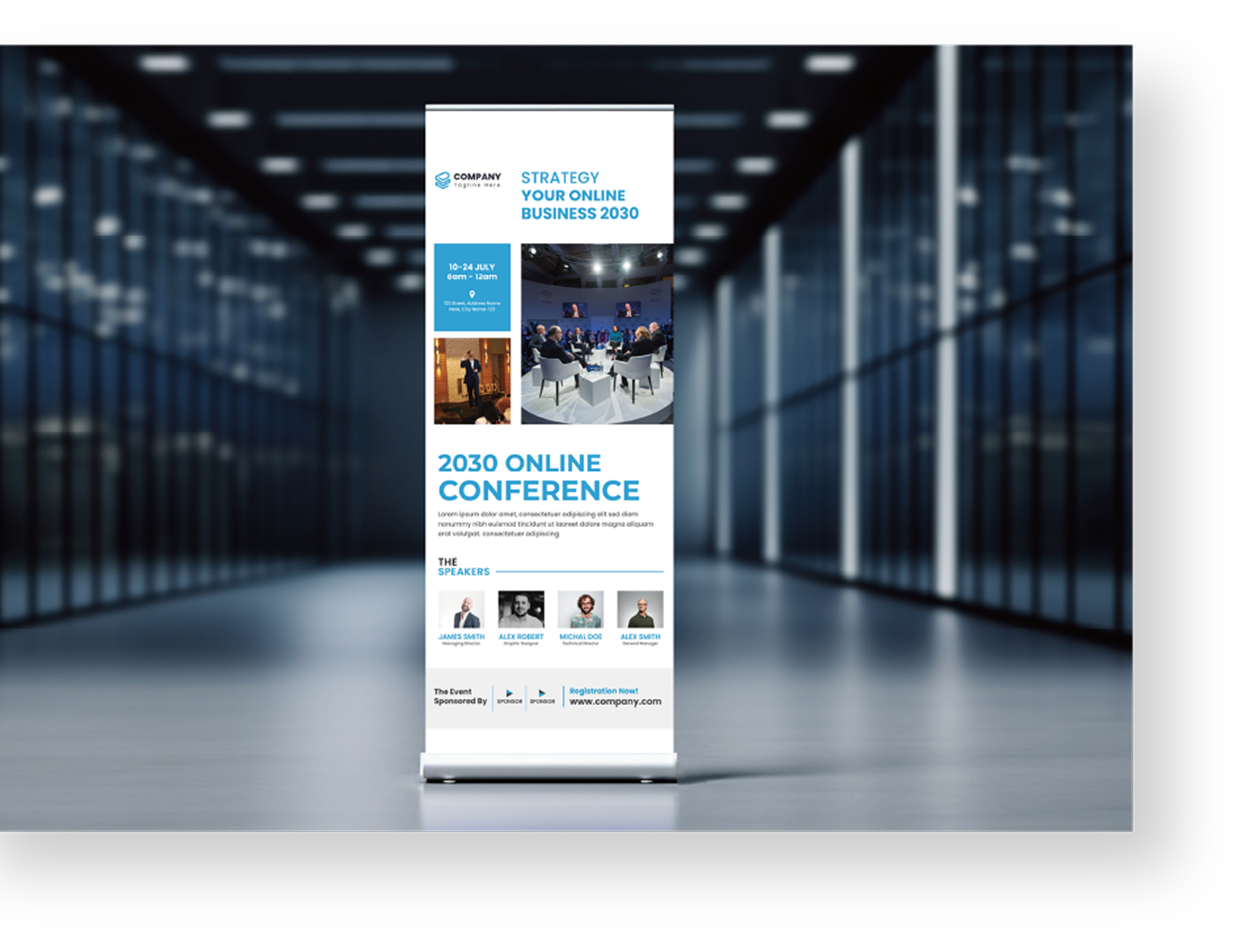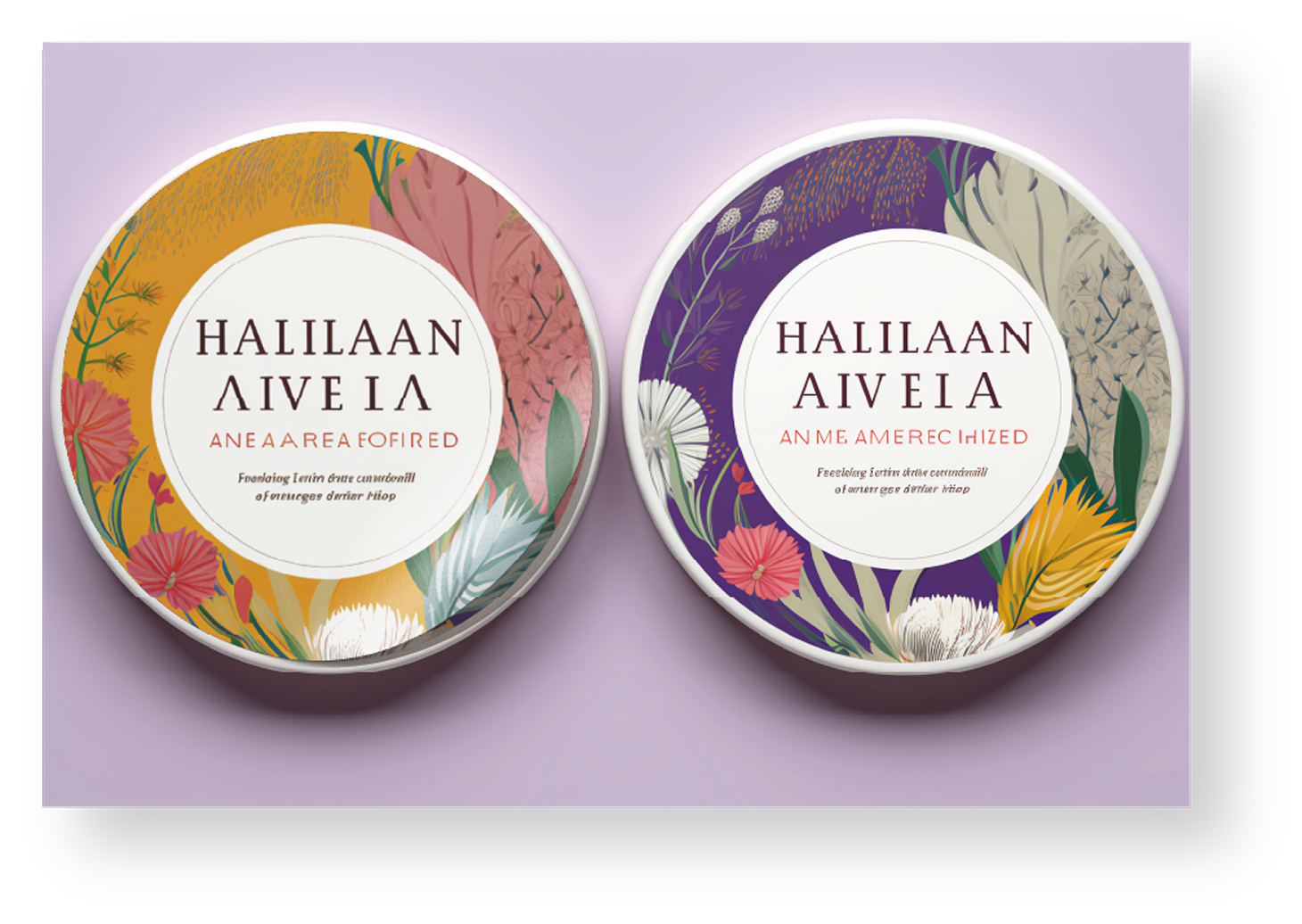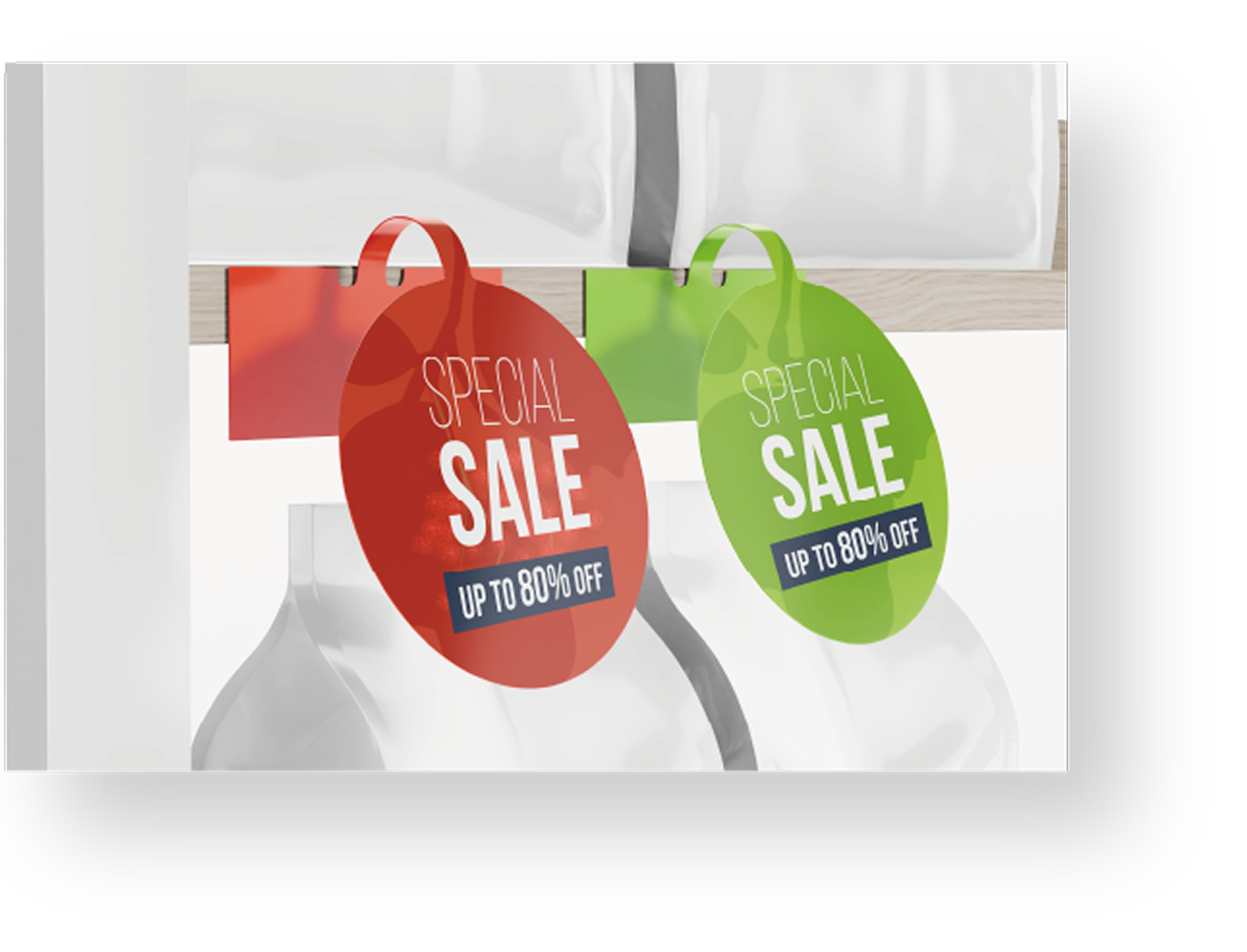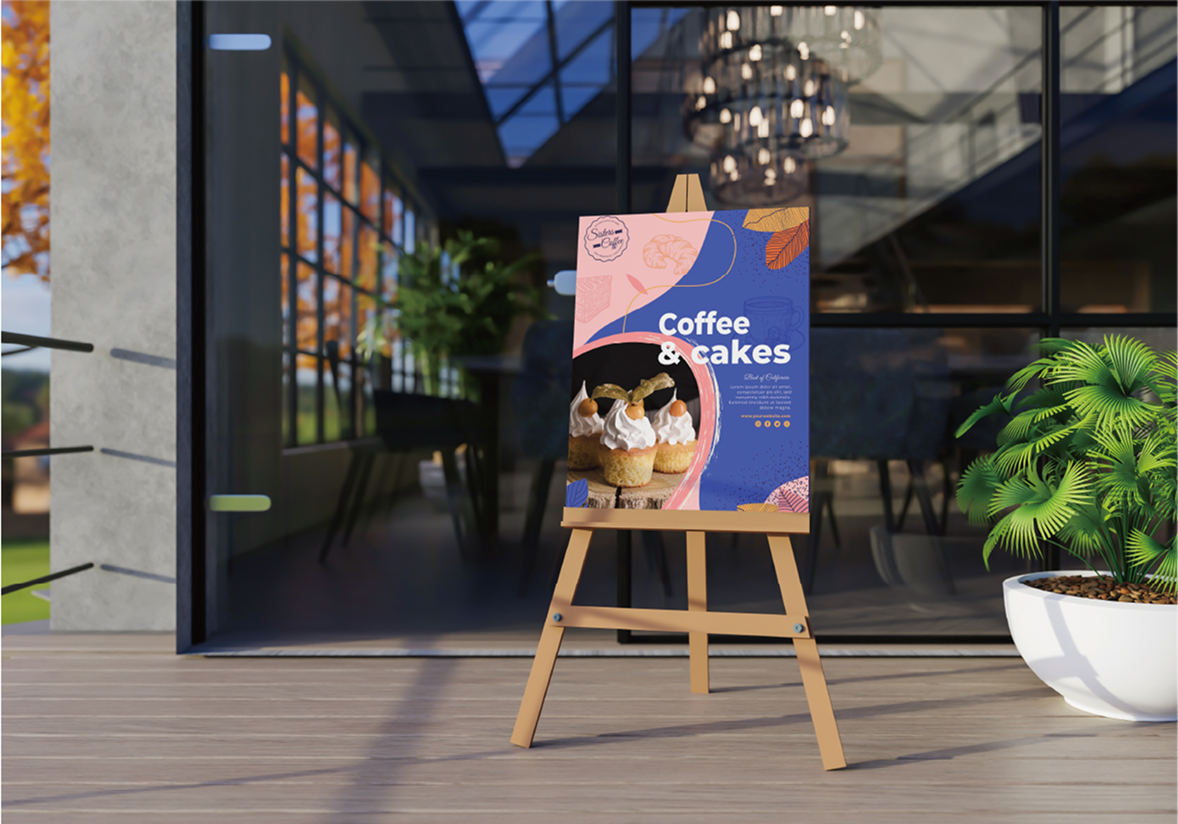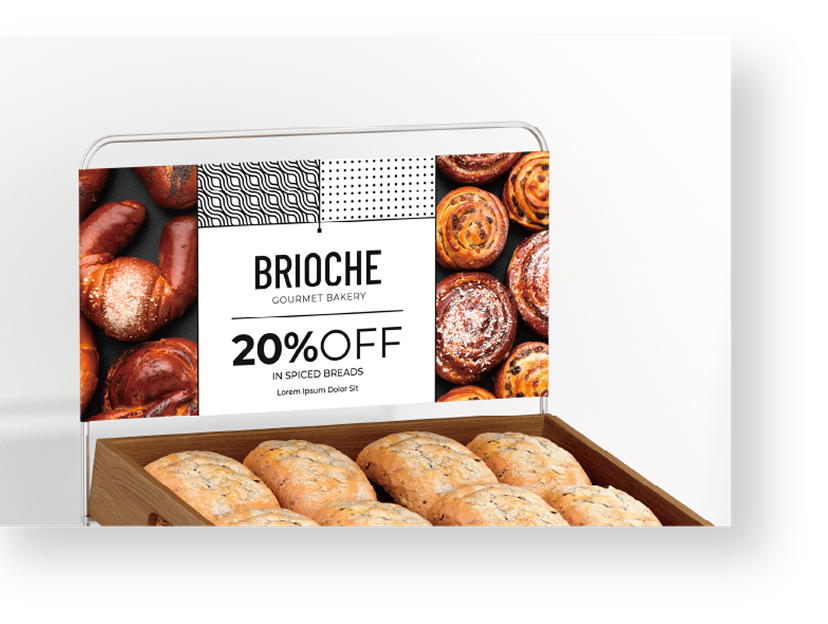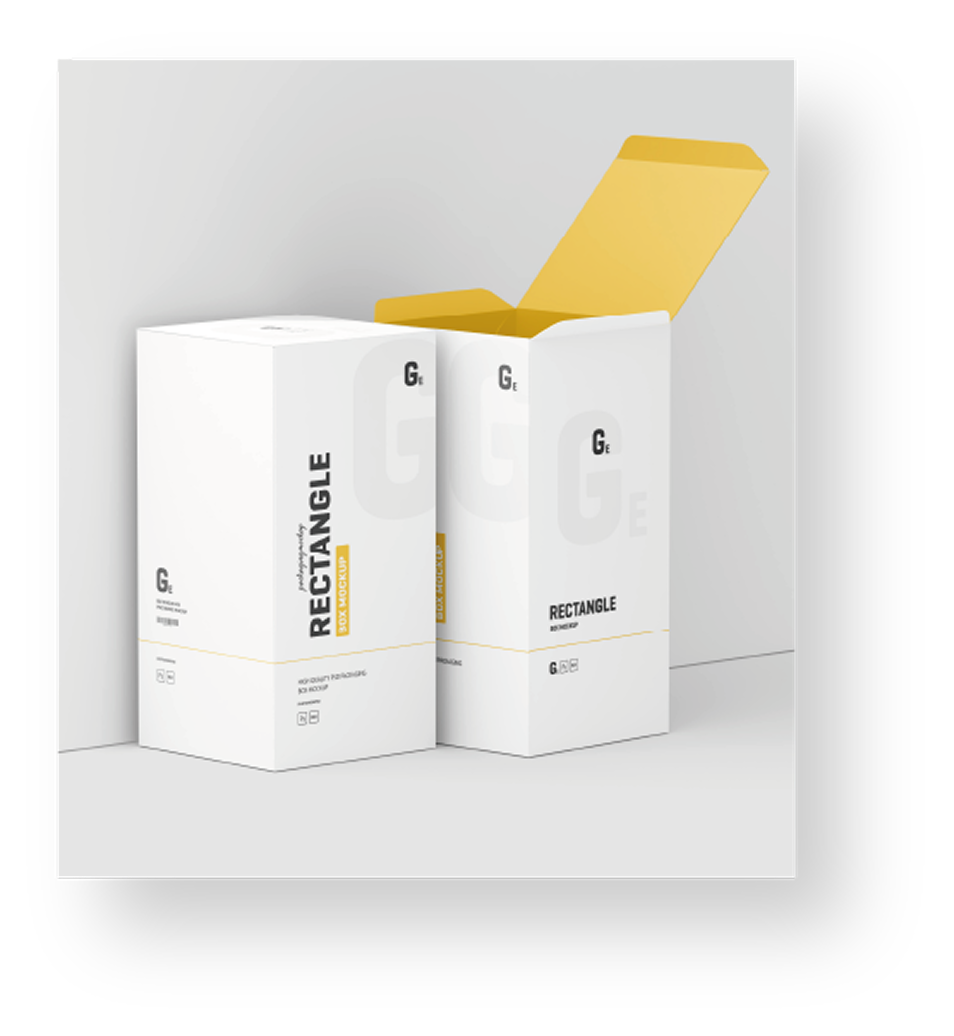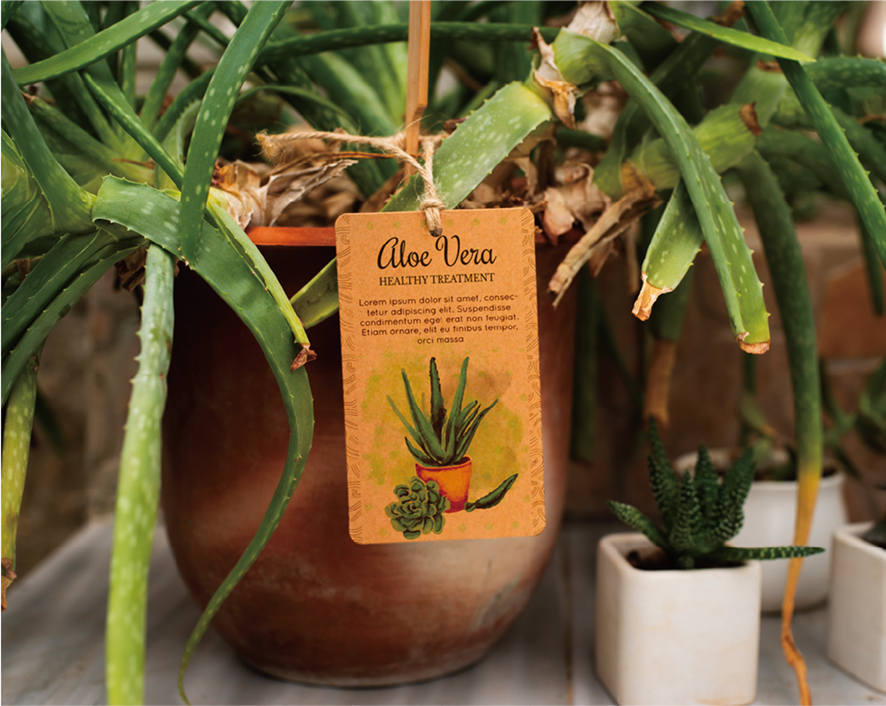What is LIMEX?
LIMEX is an eco-conscious and highly functional material made primarily from limestone (calcium carbonate), developed by the Japanese unicorn company TBM Co., Ltd. LIMEX serves as an alternative to plastic and paper, offering a more sustainable solution that reduces dependence on tree, water, and petroleum-based plastics.
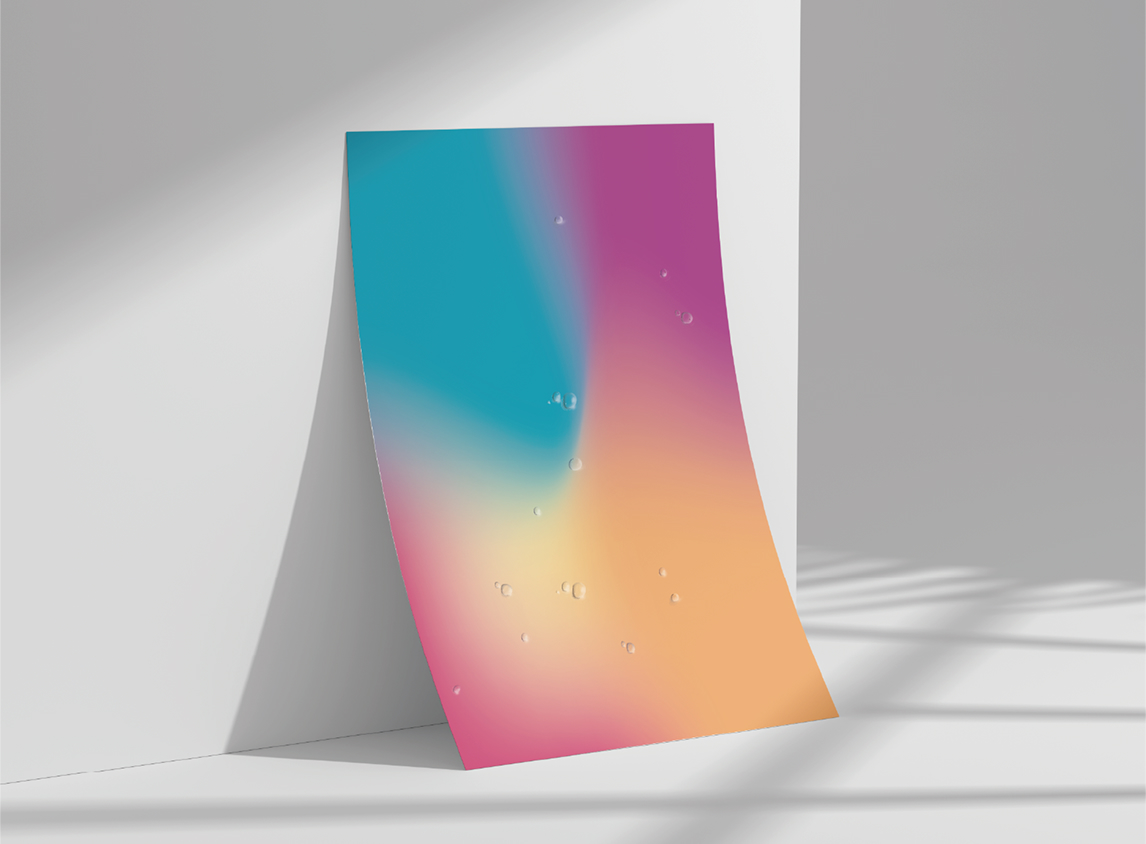
Vivid Proof
“LIMEX” is a proof of innovation that Japan is proud of.
It shows us the path we can choose now
for the future of the earth and for a more affluent life.
LIMEX is a material that transcends borders through a number of processes.
Redefining colorability, durability and water resistance,
we are moving from the “monochrome” world of limestone to “vivid,”
to navigate the unknown challenges and possibilities of humanity.
Features of LIMEX
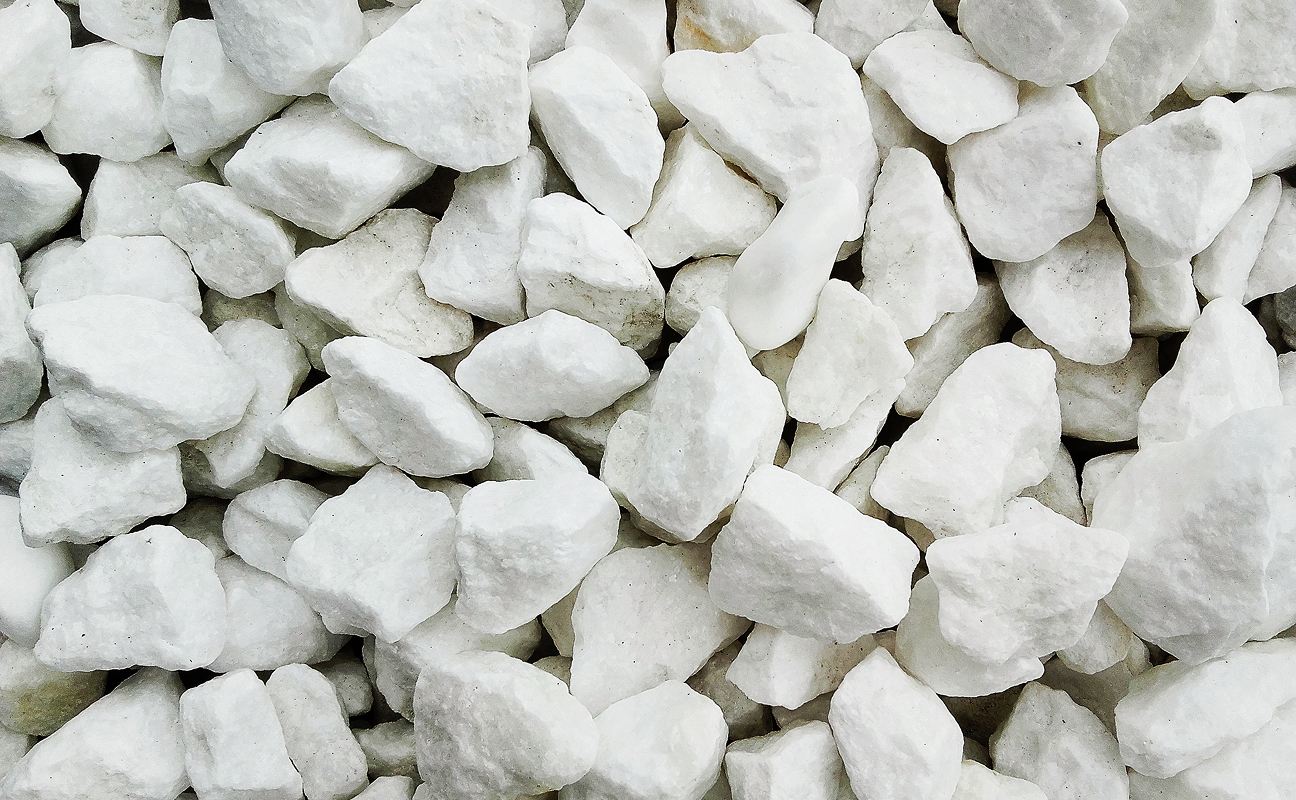
Extremely Durable
LIMEX is known for its high durability. It is specifically designed to be more resilient, tear-resistant, and waterproof, making it suitable for a wide range of applications such as indoor, outdoor, chilled, the list goes on.
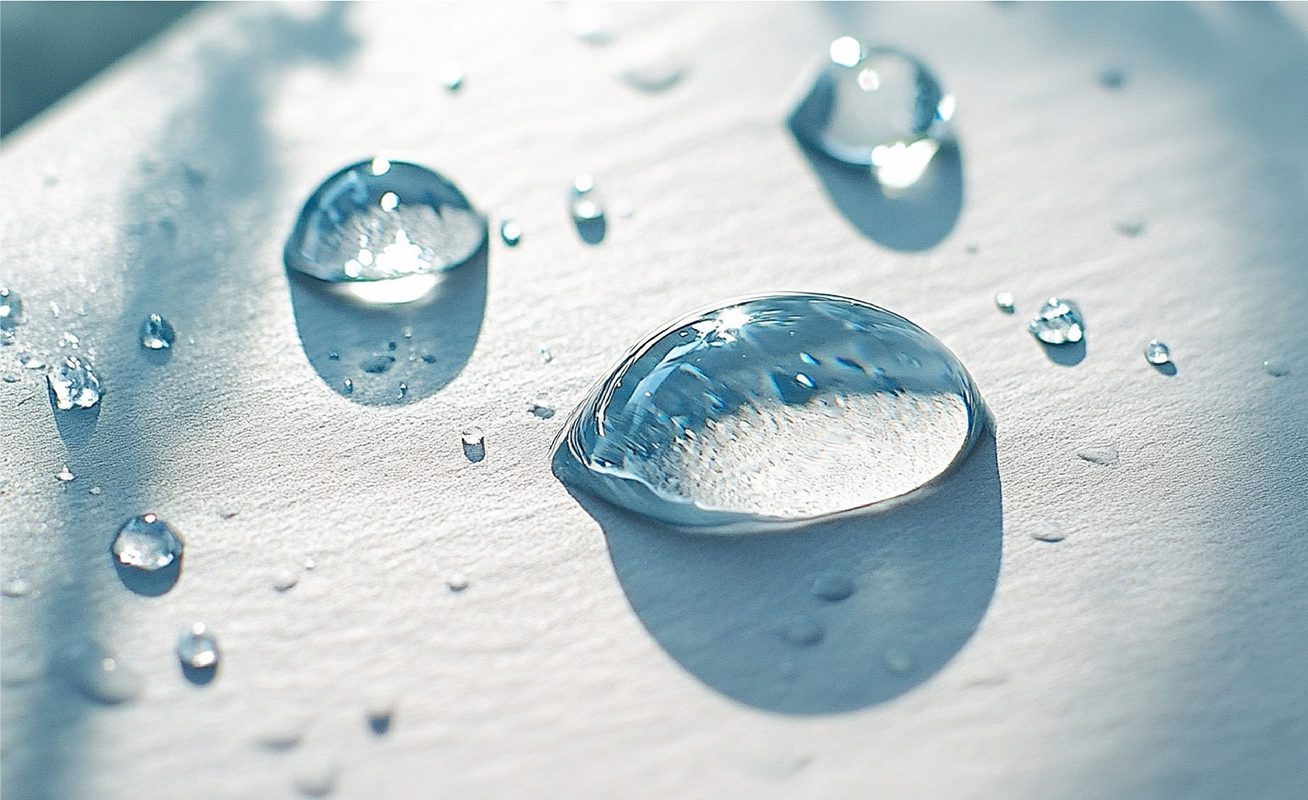
Highly Water-resistant
LIMEX is highly water-resistant, a characteristic that sets it apart from traditional paper and makes it suitable for various uses that require moisture tolerance.

Vivid Colors
Printing on LIMEX can include matte or glossy finishes, depending on the application. Glossy prints will have more reflective and vibrant colors, while matte prints offer a more subtle, non-reflective and luxurious appearance.
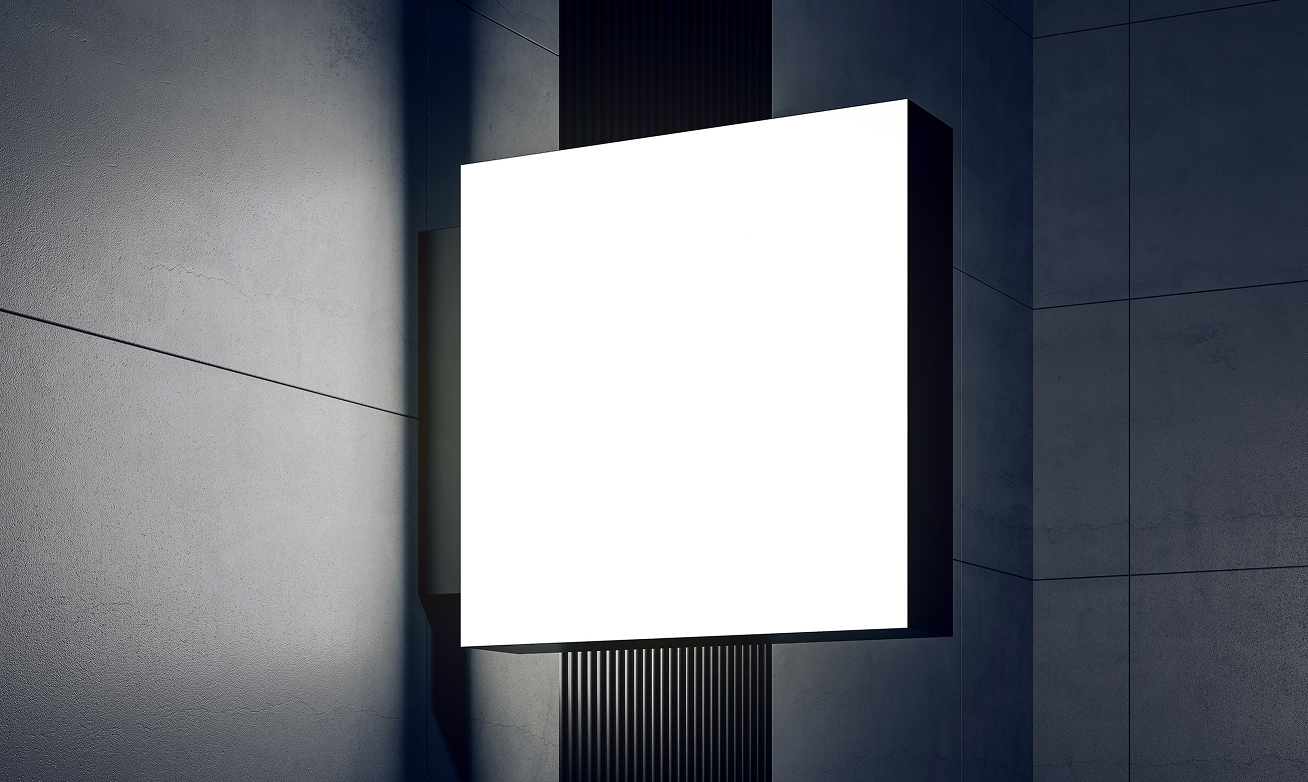
Light-emitting Property
Thanks to the porous structure formed during the sheet molding process, LIMEX offers superior light transmission and evenly diffuses LED light compared to plastic-based illuminated films, making it ideal for applications such as backlit signage.
Over 10,000 companies have adopted!
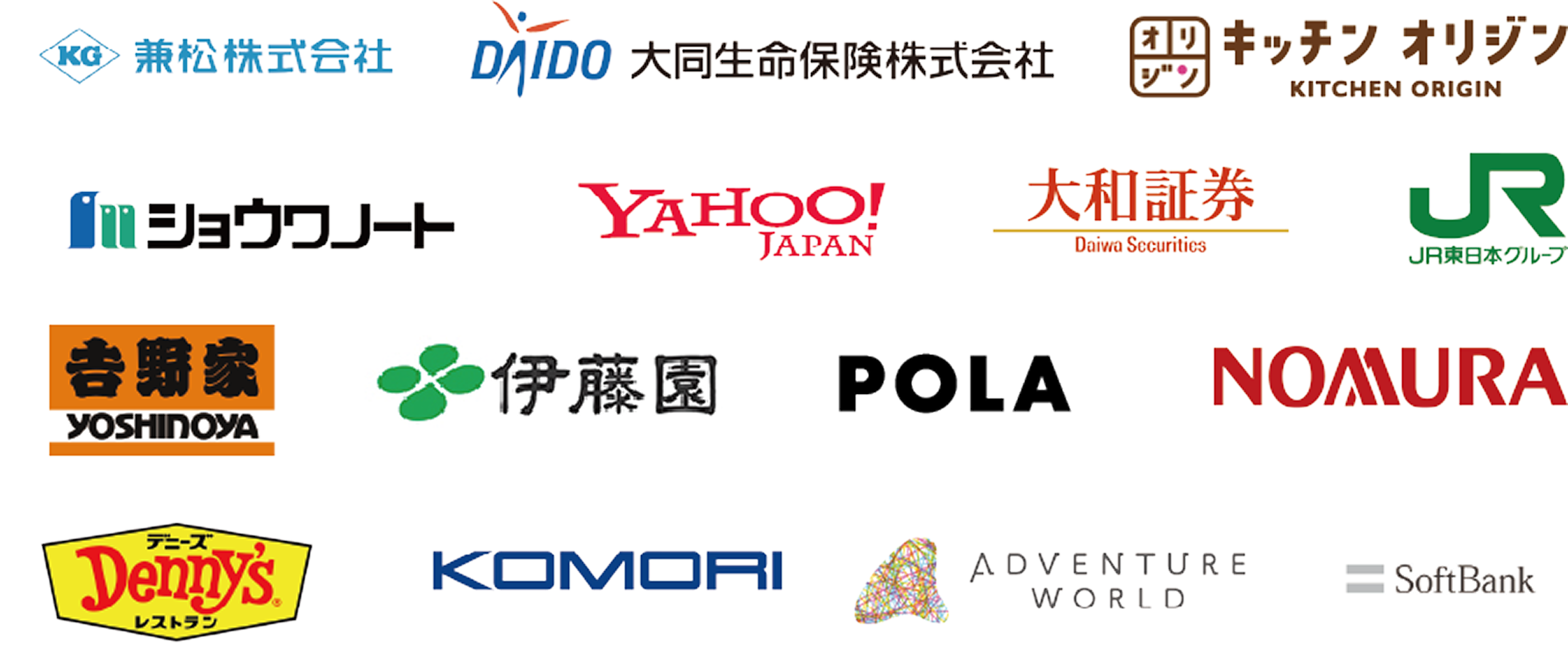
Achievements
Sustainable
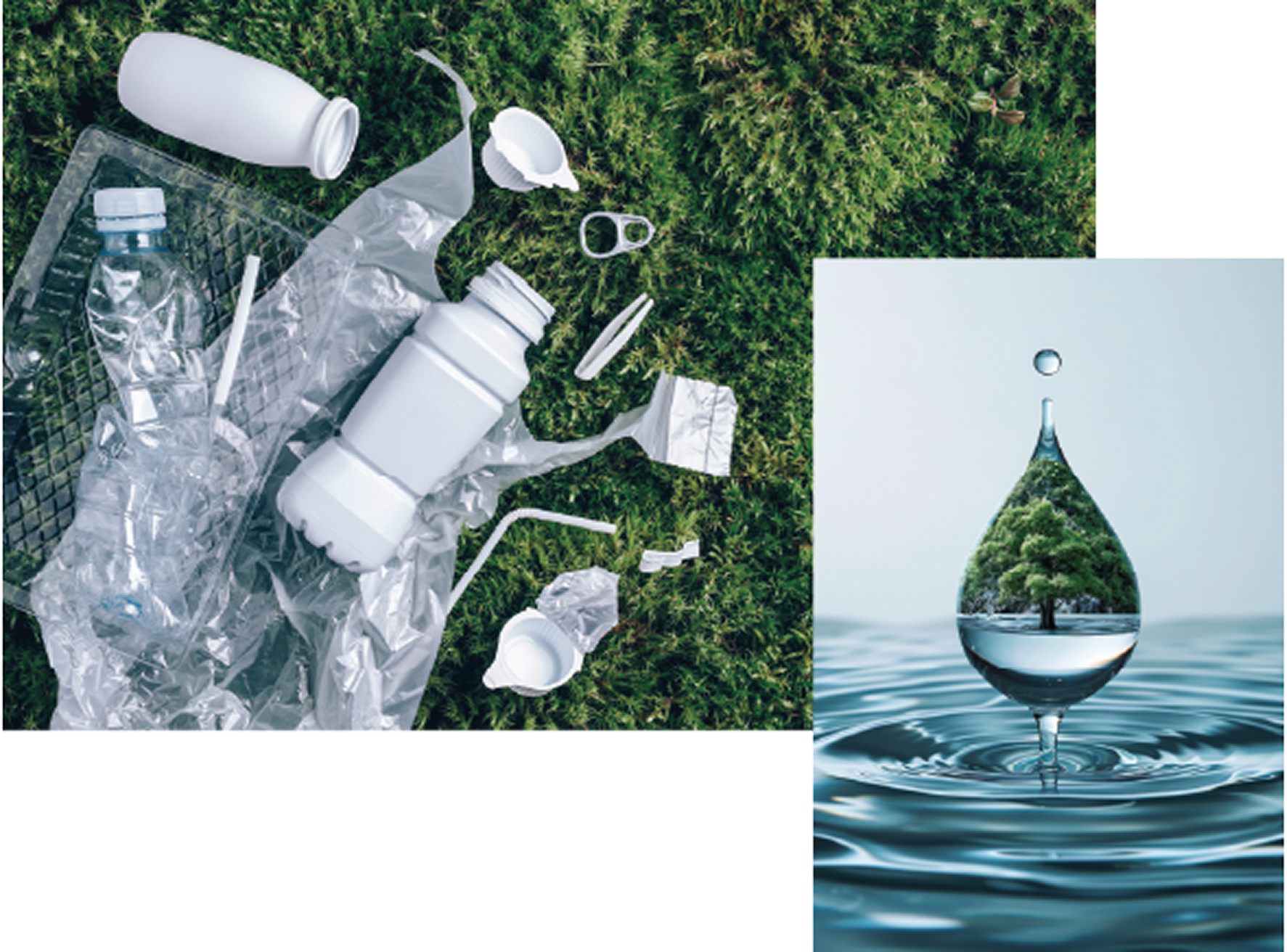
By reducing the usage of petroleum-based plastics such as polypropylene and polyethylene, switching to LIMEX can significantly lower greenhouse gas emissions including CO2 across the product's lifecycle. We use a scientific method called Life Cycle Assessment (LCA) to quantify the amount of petroleum-based plastic used, the greenhouse gas emissions generated, and the reduction in each when switching to LIMEX, providing precise numerical data.
Approximately 33% reduction in petroleum-based plastic usage (compared to plastic and synthetic paper)
94% reduction in water usage (compared to paper)
